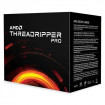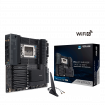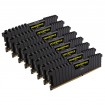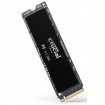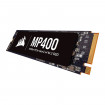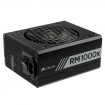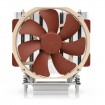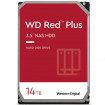Morning, Im after a PC for FE analysis (5k budget)
can someone please spec me as close as possible to the below
Do OCUK offer any sort of onsite support / warranty in case of failure? If so need that adding
cheers.
can someone please spec me as close as possible to the below
Do OCUK offer any sort of onsite support / warranty in case of failure? If so need that adding
cheers.
- Windows
- Windows 10 or Server 2016 64 bit
- HDrives
- For Solving
- 2 х 1TB SSD PCIe NvMe (m.2 or u.2)
- Configuration is RAID 0 - using hardware Raid controller NOT software
- For Storage
- Non SSD should be fine
- At least 3 х 5TB each
- For Solving
- RAM
- As much as possible within budget
- Processor
- 64 bit multicore
- Intel XEON Gold are recommended (regular chips can be used but ideally need one with at least 20 cores)
Last edited:


